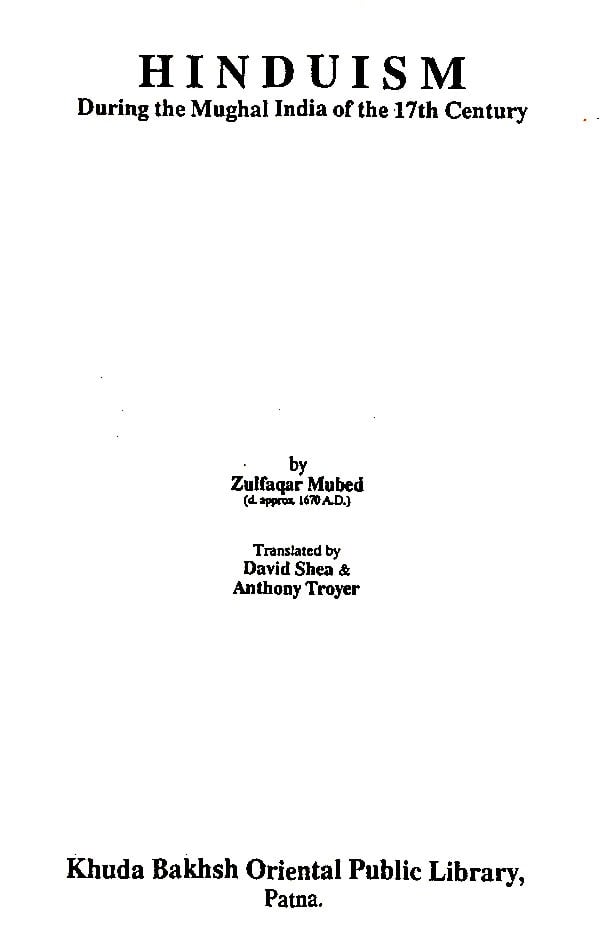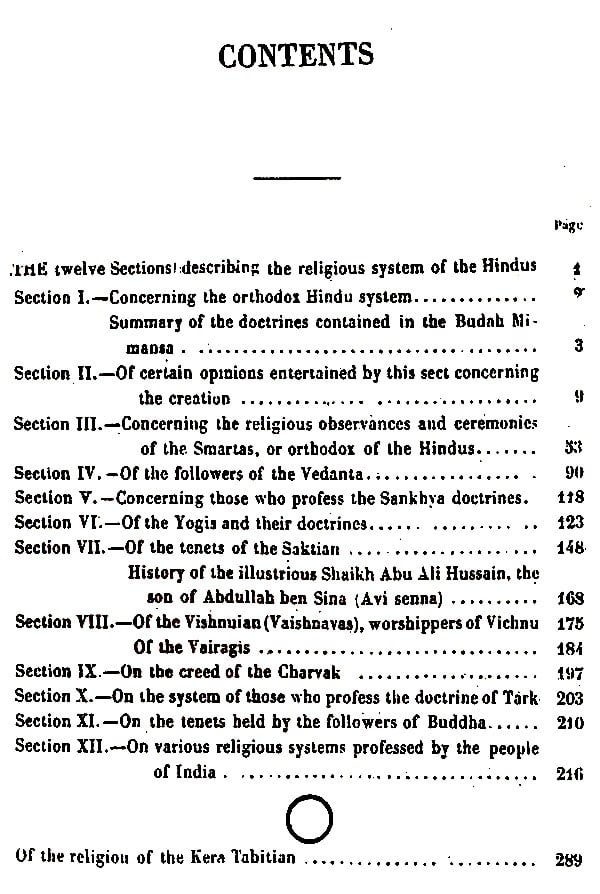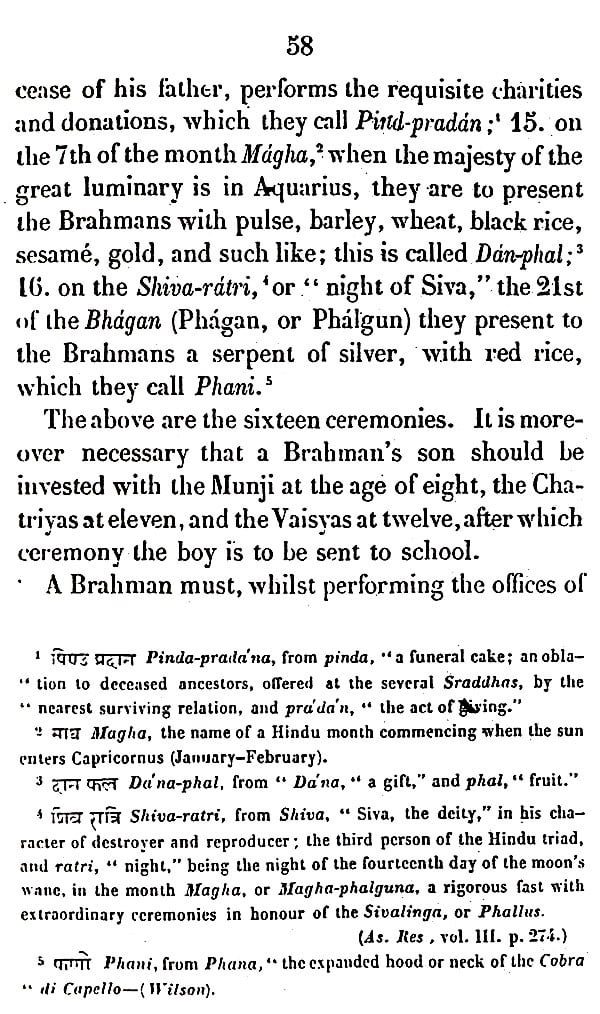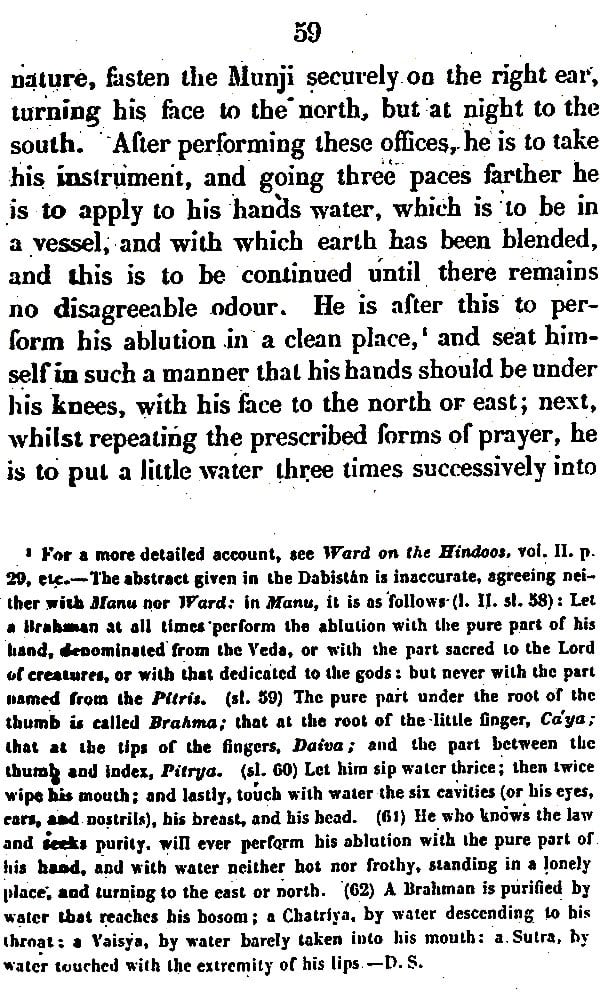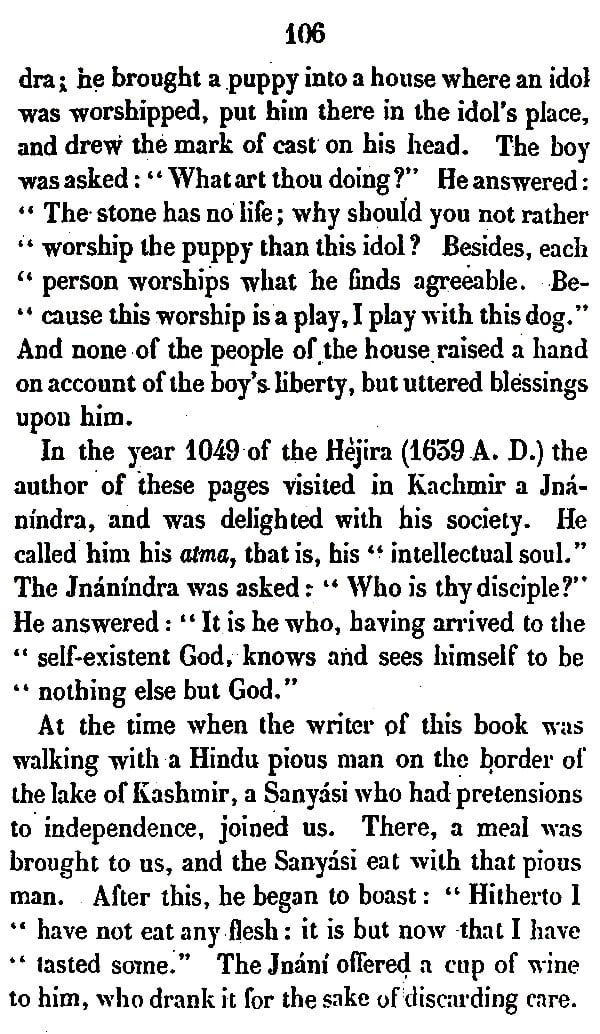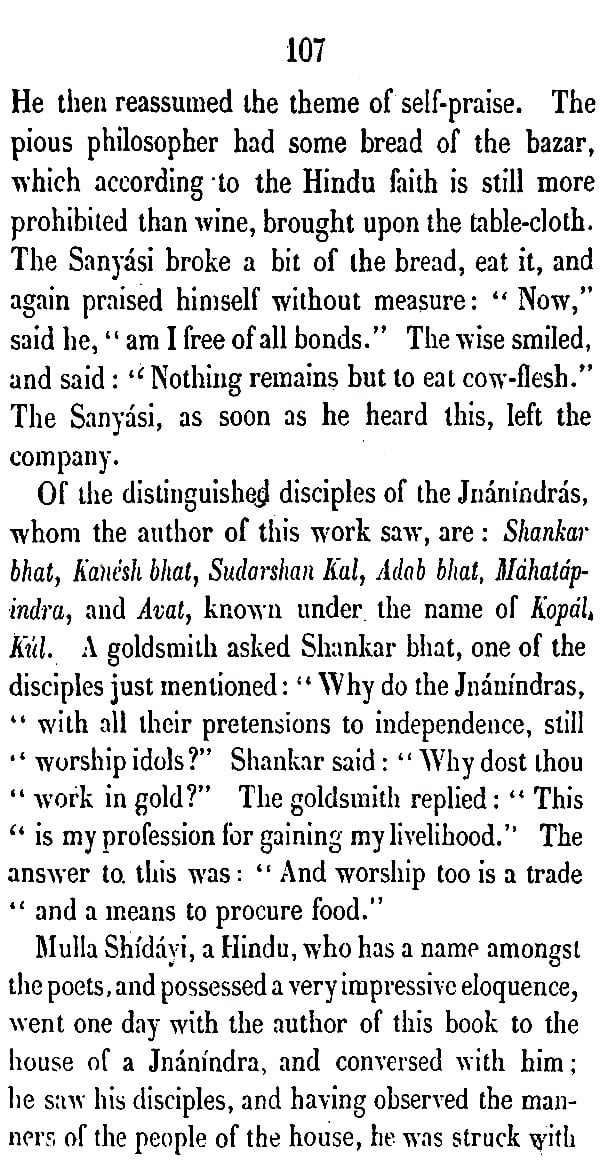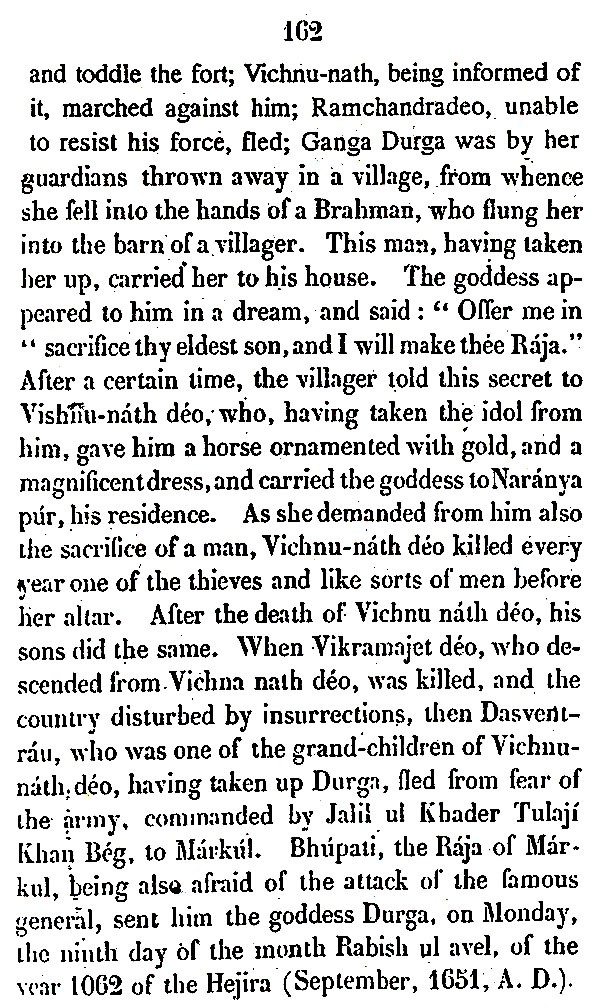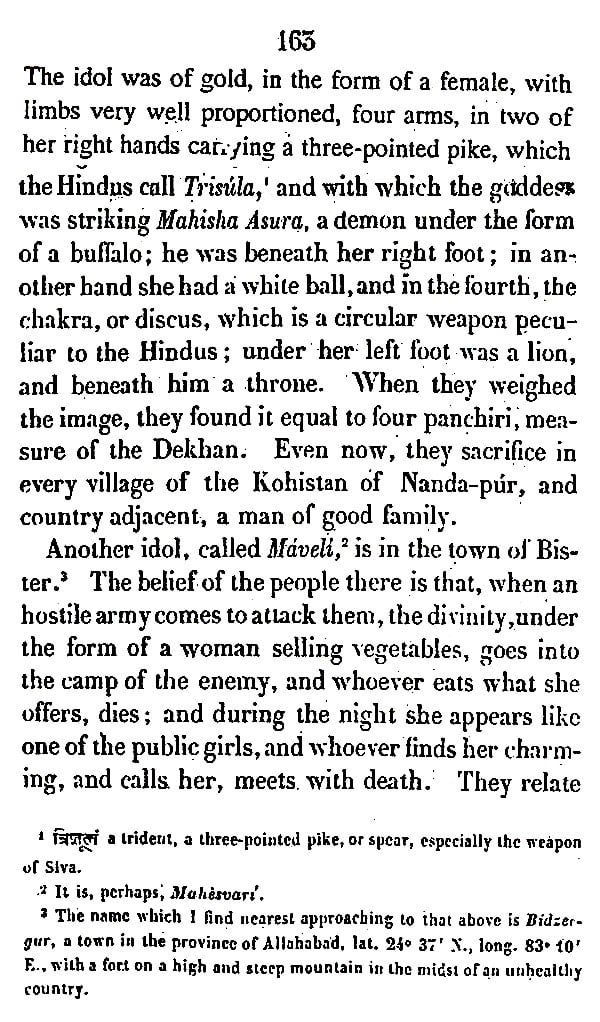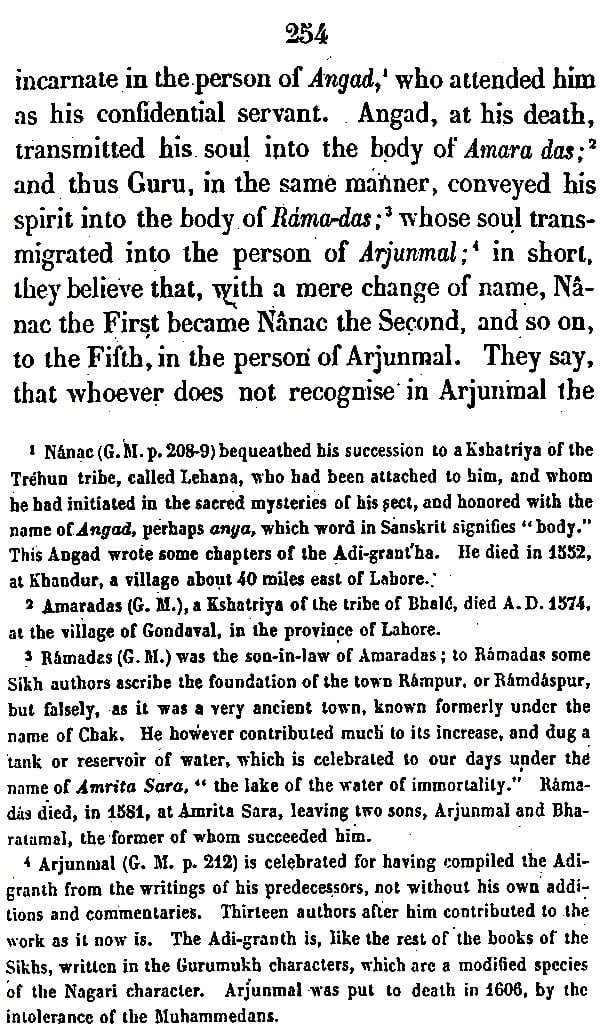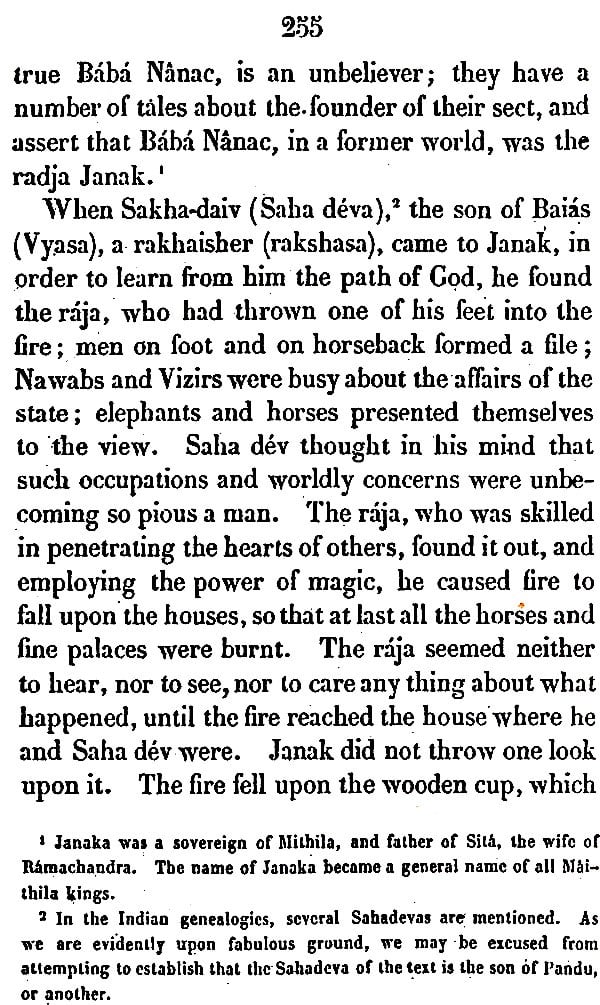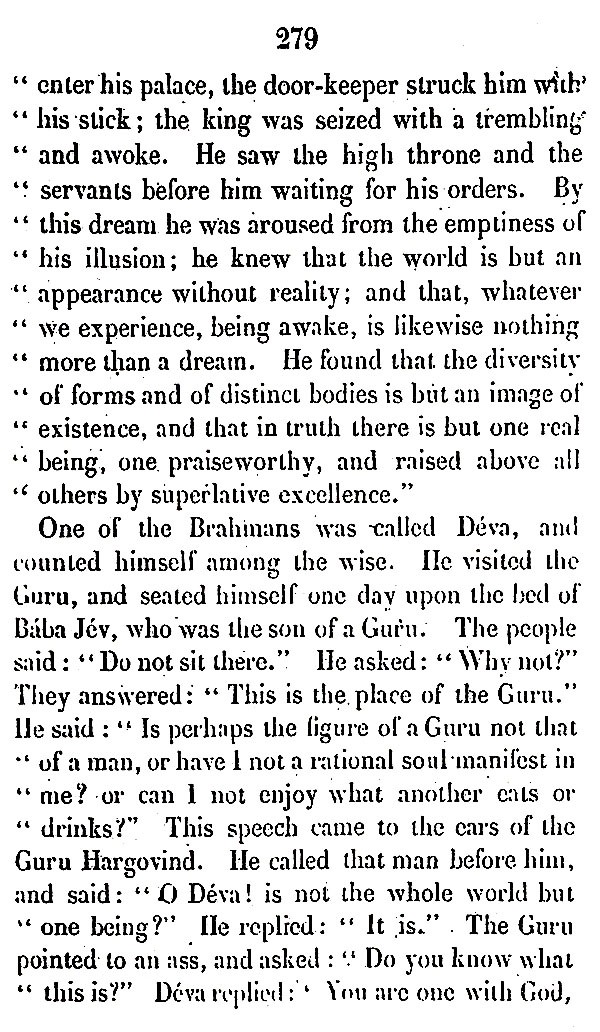
Hinduism- During The Mughal India of the 17th Century (An Old and Rare Book)
Book Specification
| Item Code: | UBD691 |
| Author: | Zulfaqar Mubed |
| Publisher: | Khuda Baksh Oriental Public Library, Patna |
| Language: | English |
| Edition: | 1998 |
| Pages: | 284 |
| Cover: | PAPERBACK |
| Other Details | 9.00 X 6.00 inch |
| Weight | 350 gm |
Book Description
Zulfaqar Mubed was born in Patna around 1612, the 7th regnal year of Jahangir. The year 1618 is his first recorded date when he met a yogi Balak Nath to receive his blessings; and, the yogi is reported to have said: "This boy shall acquire the knowledge of God." In 1623, the next recorded date, he mentions his leaving Patna for Agra, the then capital of India, alongwith his family-friends and relations. Here he met Chatur Vapa, a famous ascetic, who giving him his blessings, taught him Gayatri Mantr and appointed one of his disciples to be with the boy until he comes of age. From 1627 to 1643 he reports himself to be either in Kashmir or at Lahore, or travelling between the two places. In 1643 he visited Iran, the country of his fore-fathers, with an aim to visit the Shrine at Mashhad. From 1644 to 1649 he lived at several places in the Punjab and Gujarat. Next year, he proceeded to Bengal and then to Orissa. He fell ill at Sikakul (Orissa) în 1653, whereafter no record regarding his whereabouts is available, except that he witnessed the fall of the unfortunate prince Dara Shikoh and the rise of the shooting star Aurangzeb. It has, however, been inferred that he died around 1670.
**Contents and Sample Pages**
